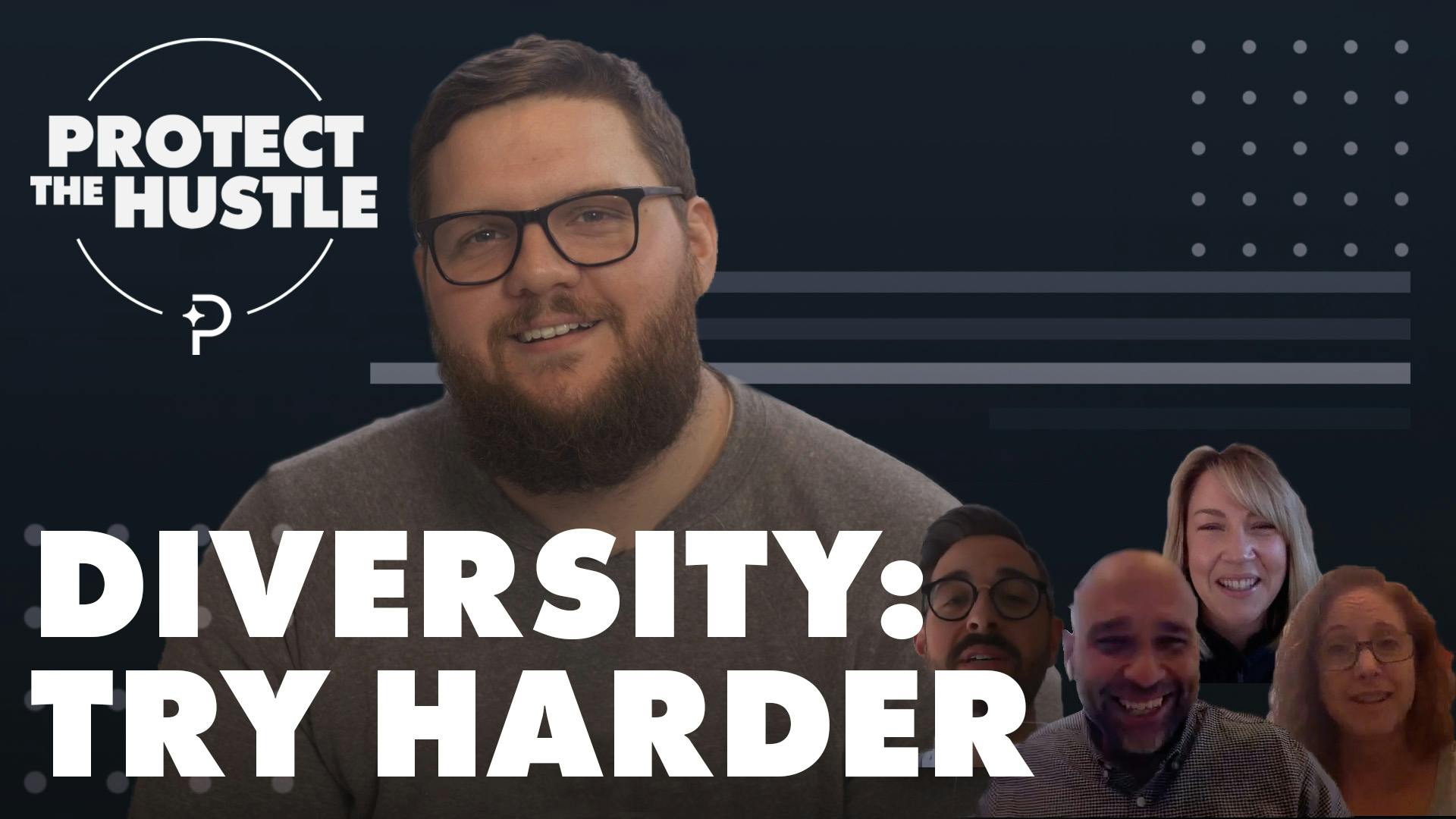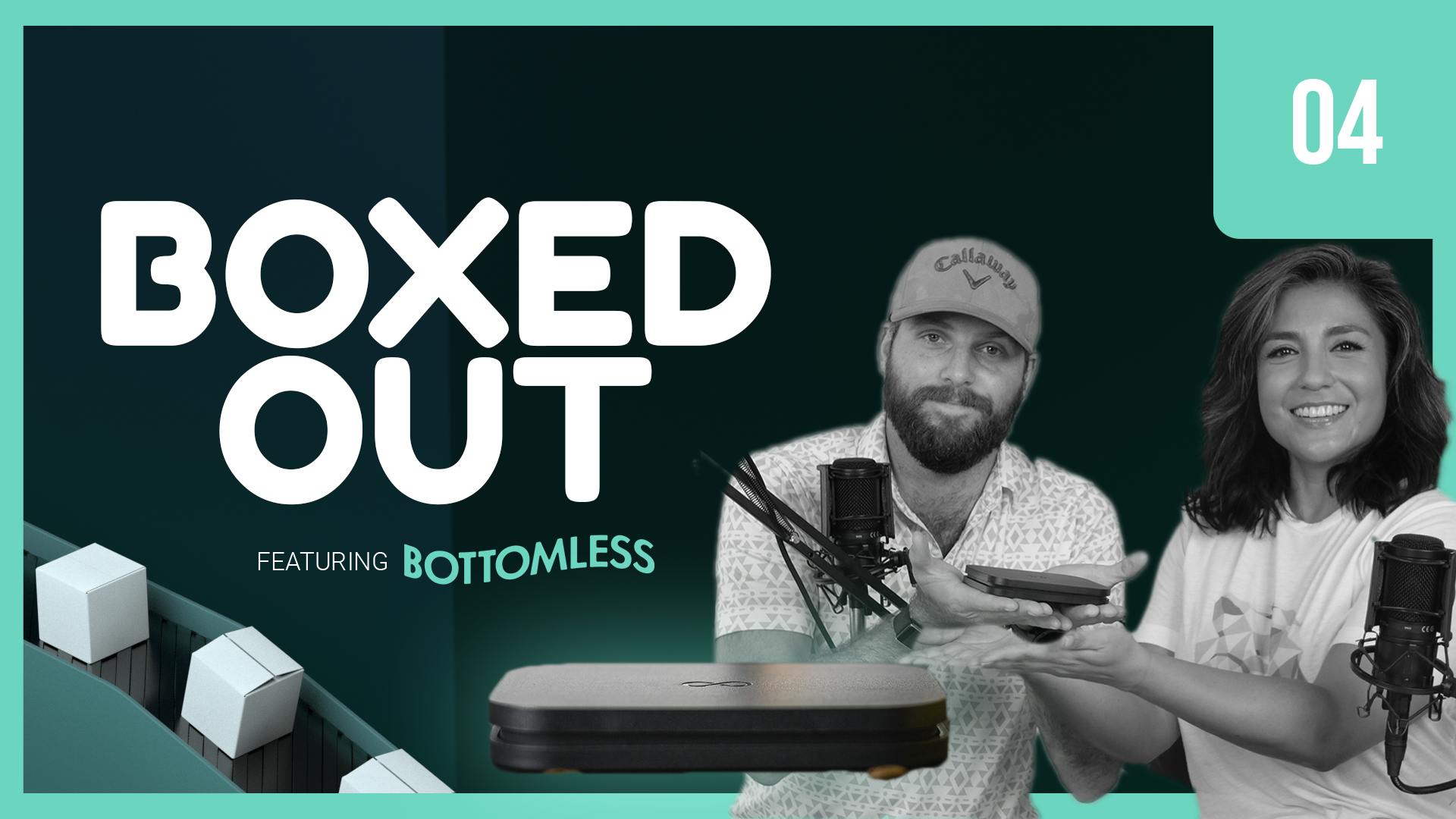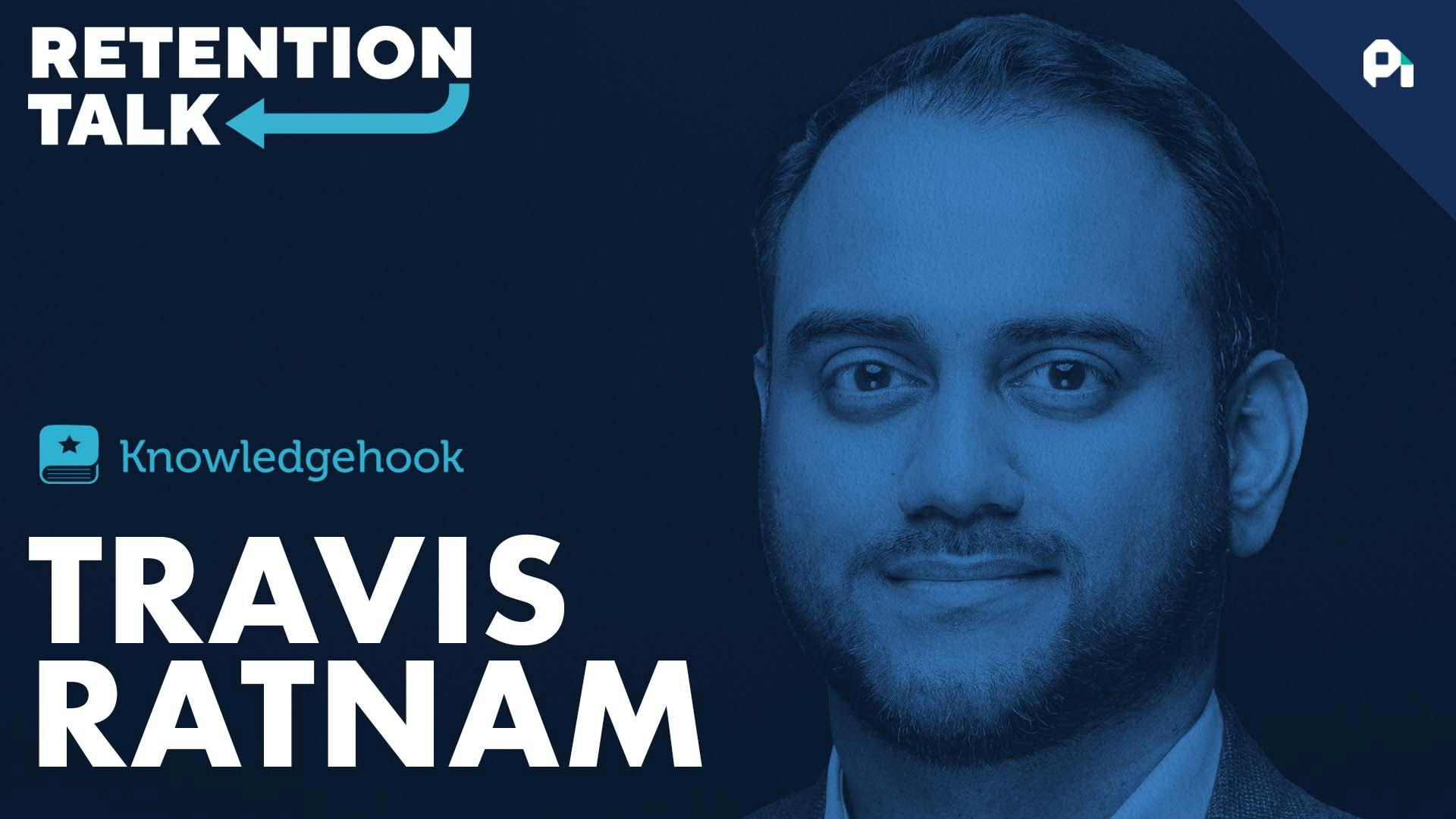
Netflix's Patty McCord on Building a Great Place to Be From
This episode might reference ProfitWell and ProfitWell Recur, which following the acquisition by Paddle is now Paddle Studios. Some information may be out of date.
Please message us at studios@paddle.com if you have any questions or comments!
An Introduction to Patty McCord
Company culture means a lot of things to a lot of different people, not because culture has a lot of definitions, but because culture has been co-opted by perks, ping pong tables, and snacks in the kitchen. In reality, culture is behavioral, it’s the collection of habits that we accept and tolerate within our company and it will make or break your business.
Culture is hard though, because it's your responsibility to hire the right people, nurture the right behaviors, and let people go when they aren't fitting the future. As a group, we're pretty terrible at this, particularly that last one.
To help, on this week's episode of Protect The Hustle, we interview one of the most prolific figures in People Operations and HR, Patty McCord, the former Chief Talent Officer at Netflix and author of Powerful, a book that's taken high growth companies by storm. We discuss how Patty went from Texas border towns and Oregon lumber yards to making the tough decisions to push Netflix to a $160B market cap, which included redefining what HR is supposed to be inside a company.
Topics covered in this episode
- How HR and People Operations became legal and anything but helping people do their best work within a company
- How writing down your values is pretty much the last step in the culture cultivation process
- How to model behavior instead of punishing or negatively reinforcing people
- How management has ultimate responsibility for all of this
- How to apply these learnings to your hiring process
- How to nurture your current team and stamp out politics
- How to let people go who are no longer a fit for the mission
Do us a favor?
Part of the way we measure success is by seeing if our content is shareable. If you got value from this episode and write up, we'd appreciate a share on Twitter or LinkedIn.






